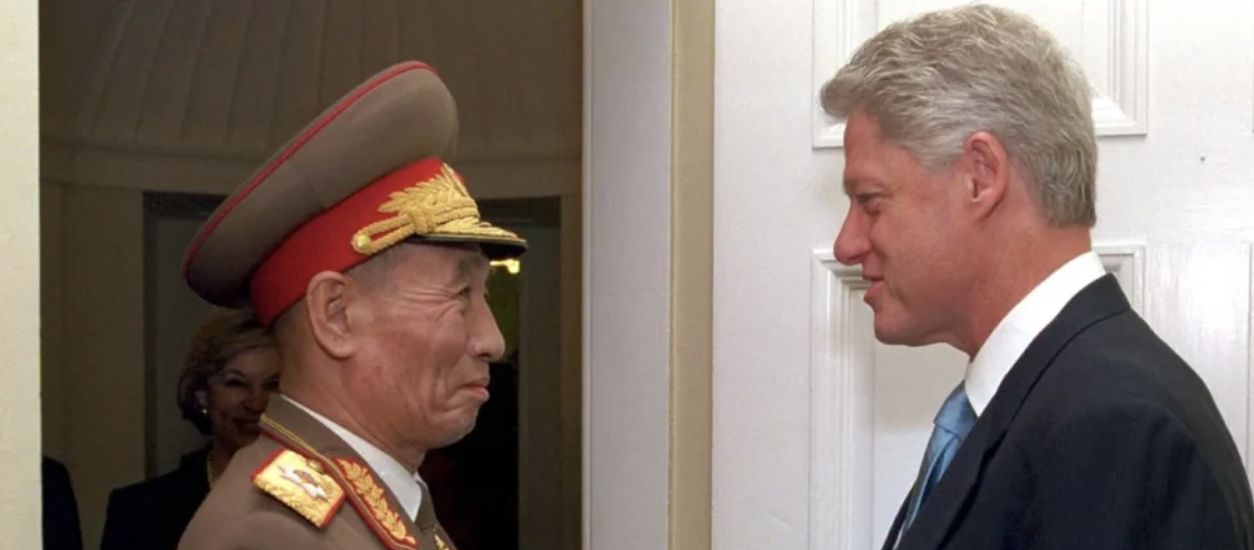THE KOREA PEACE PROCESS
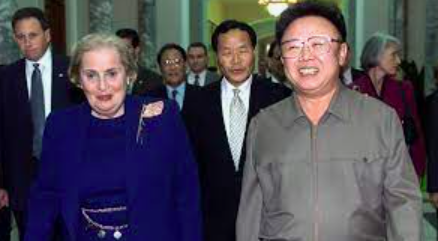
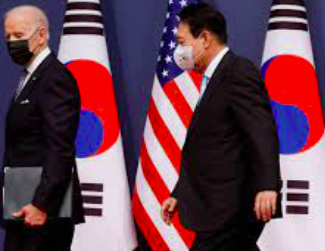
A Ten-Year Timeline
By Tim Shorrock
After the latest escalation in the skies over Korea and Japan, the military confrontation at the DMZ and tensions between the U.S. and North Korea are now higher than they’ve ever been. President Biden, in his recent meeting with Chinese leader Xi Jinping, insisted that Beijing has an “obligation” to rein in the DPRK from its record number of missile tests. He warned ominously that the U.S., South Korea, and Japan would take unnamed “defensive” actions if the North’s so-called military “provocations” continue.
The differences between Biden and Xi were both stark and deep, underscoring how far apart the two countries have drifted since 2018, when Xi’s government was still voting in the UN to extend sanctions on North Korea for its continued missile tests.
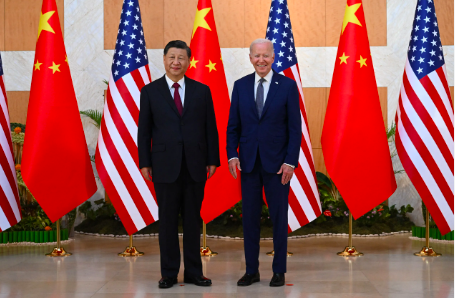
Korea Diplomacy has Collapsed
Biden met with Xi shortly after the Pentagon ratcheted up its own rhetoric, using much of the same apocalyptic language that Donald Trump deployed in 2017 to scare off Kim Jong Un. Any North Korean nuclear attack would “result in the end of the Kim regime,” Defense Secretary Lloyd Austin declared in meeting with his South Korean counterpart on November 2nd. His language was lifted from the Pentagon’s new Defense Policy Review, which included this gem on the DPRK. “Any nuclear attack by North Korea against the United States or its Allies and partners is unacceptable and will result in the end of that regime. There is no scenario in which the Kim regime could employ nuclear weapons and survive.”
Meanwhile, with a new conservative leader in South Korea and Japan’s LDP as powerful and militaristic as ever, Biden and the Pentagon have moved to solidify and deepen the trilateral U.S., South Korean, and Japanese military alliance. As they well know, North Korea sees that alliance with Korea’s former colonizer as a strategic threat, and has focused most of its record number of missile tests on the U.S. bases in South Korea, Japan, Okinawa, and Guam. The intensification of this trilateral relationship is also a cause of concern in South Korea, where the rightist President Yoon Suk-yeol is highly unpopular just months after taking office.
According to the Hankyoreh newspaper, the growing closeness between Tokyo and Seoul is proof to some Koreans that President Yoon Suk-yeol has “ditched balanced diplomacy for the US bandwagon. “In opting for bloc diplomacy, Yoon puts [the] Korean Peninsula peace at stake,” the newspaper, a progressive bastion since the late 1980s, declared in a front-page analysis.
During the recent U.S.-South Korean military drills (called “Vigilant Storm”), the DPRK upped its rhetoric, too, saying it would take “sustained, resolute and overwhelming” military measures in response. That prompted a quick answer response from Washington and Seoul: in what sounded like a revival of the 1950s-era theory of mutually assured destruction, Biden and Yoon vowed to respond “with overwhelming force” if the North ever uses nuclear weapons.
Meanwhile, Biden’s intelligence officials, led by his national security adviser Jake Sullivan, claim nearly every day that North Korea’s seventh nuclear test is “imminent” – a prediction that the press has dutifully echoed since it was first made on May 5th during Biden’s first meeting in South Korea with President Yoon.
Yet, as I point out every day on this site, it’s been 773 days (as of November 18th) since the United States and North Korea met for negotiations. Despite all the stern warnings from both sides, there has not been a single meeting between the US and DPRK governments since the Trump-Kim talks collapsed in March 2019.
This is a calamity: as the Washington-based Arms Control Association points out in this chronology of US-DPRK relations from December 1985 to April 2022, diplomacy has led to some important breakthroughs in the past – most notably the 1994 “Agreed Framework” negotiated by the Clinton administration and the 2018 “Singapore Declaration” signed by Trump and Kim Jong Un.
That’s also what I conclude from my own timeline, presented below. In my opinion, Biden has no choice but to try the path of negotiation and seek to make the peace. If Trump could make headway in settling this decades-long dispute, so could this president. But Biden’s Cold War instincts are deeply engrained, and I don’t see much chance of a change under his leadership.
My Chronology Goes Back to 2013
This is a long list of my stories, mostly from The Nation, of how we got here (click the titles to read each story in the original). As I look back at my dispatches, I’m reminded of how much resistance there was (and is) in Washington to the very idea of peace in Korea. Nearly every article mentions the vociferous opposition to engagement with the DPRK from Democrats, liberals, the mass media, and the establishment think tanks. With the military industrial complex so ingrained in Washington, no wonder US-North Korean talks have gone nowhere. It’s well past time to change the dance – and the dynamic.
Obama’s Militaristic Tilt in Korea
At ceremonies held around the sixtieth anniversary of the Korean armistice, the president sounded bellicose notes, calling the Korean War a “victory” – a first for an American leader.
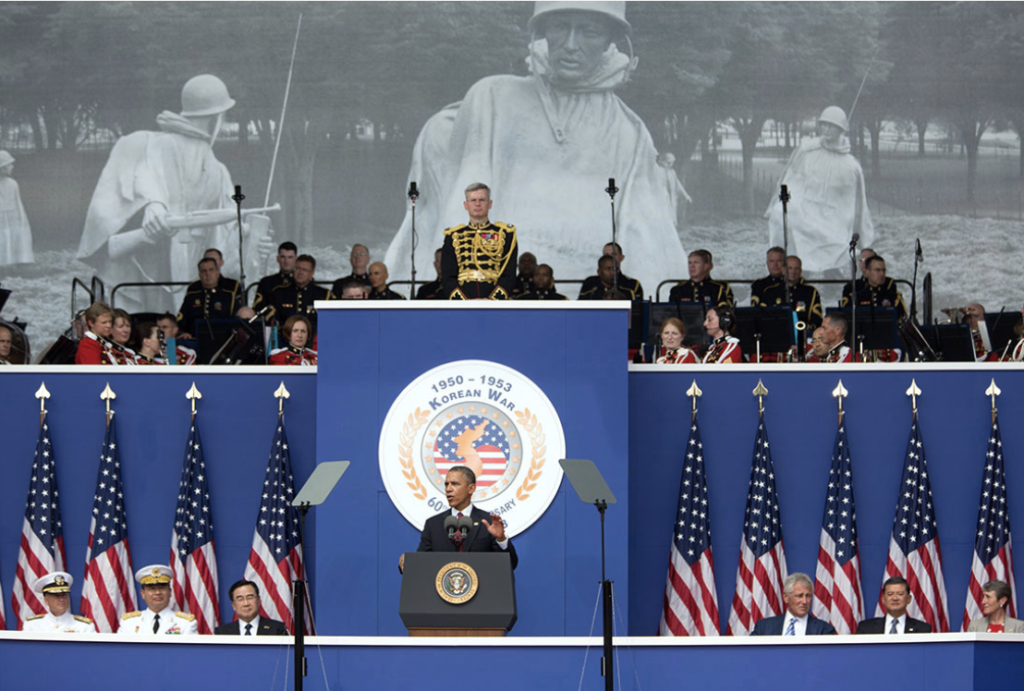
2015
Can the United States Own Up to Its War Crimes During the Korean War? (March 30, 2015) An American journalist uncovers some ugly truths about the “forgotten war.”
Hillary’s Hawks Are Threatening Escalation Against North Korea (October 28, 2016) They’re talking about cyber war, intensified sanctions, and preemptive military strikes.
Cops of the Pacific? (TomDispatch, December 13, 2016) The U.S. Military’s Role in Asia in the Age of Trump
Marching Towards Peace in Korea (Politico, May 26, 2015) My exclusive report on Women Cross DMZ’s famous march from Pyongyang to Seoul
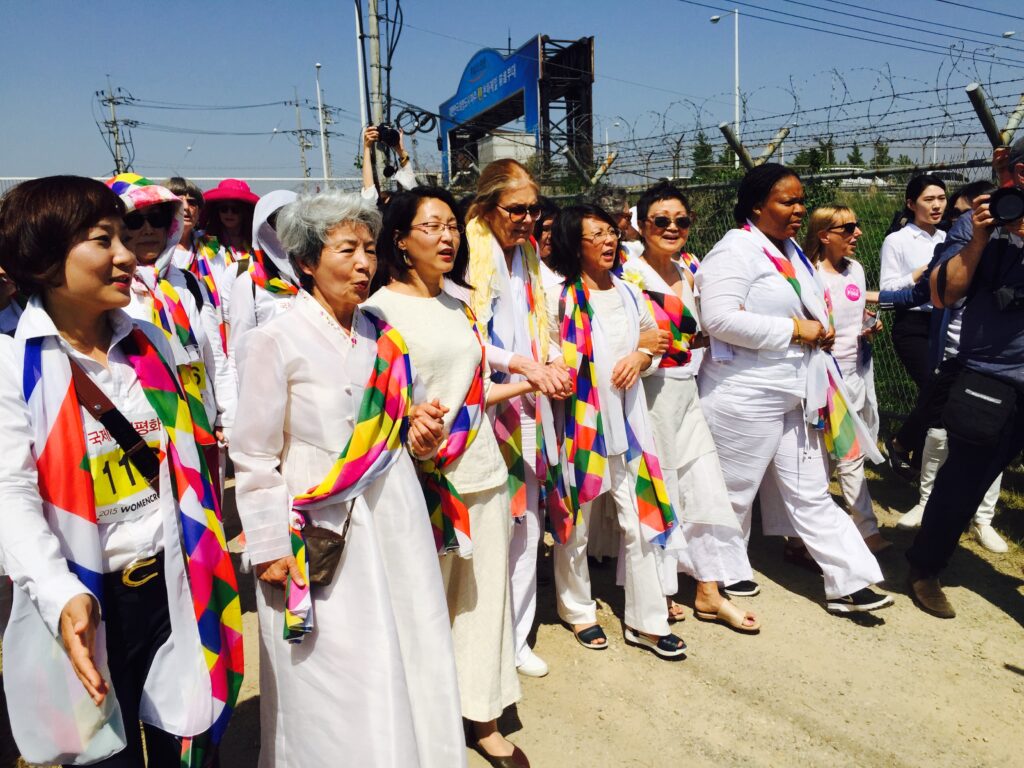
2016-2017
Washington’s Plans for Asia Just Hit a Roadblock—Trump (December 13, 2016) The president-elect could easily unravel decades of carefully laid plans for an American-dominated Pacific.
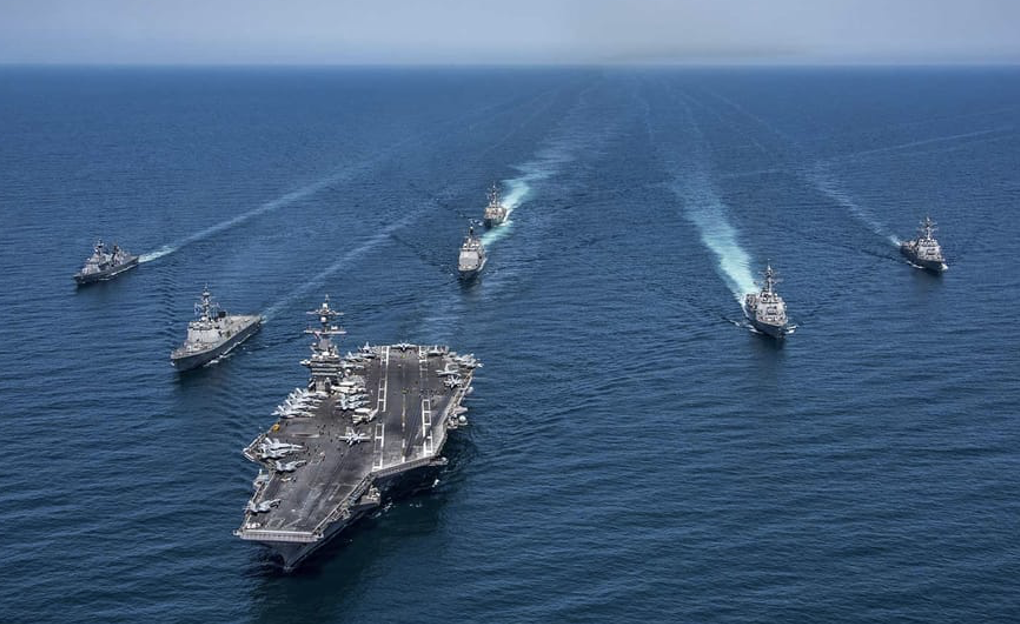
In South Korea, War Hysteria Is Seen as an American Problem (April 17, 2017) The big issue in Gwangju is the May 9 presidential election, which is expected to bring a progressive to power.
The United States Should Listen to South Korea—or It Will Reap the Whirlwind (May 5, 2017) Recent US actions underscore a deep-seated problem: refusal to see South Korea as an independent nation with interests of its own.
South Korea’s New President Says His Election Completes the ‘Candlelight Revolution’ (May 10, 2017) In an exclusive interview, Moon Jae-in scoffs at reports of a rift with Trump and talks about his country’s past struggles for democracy.
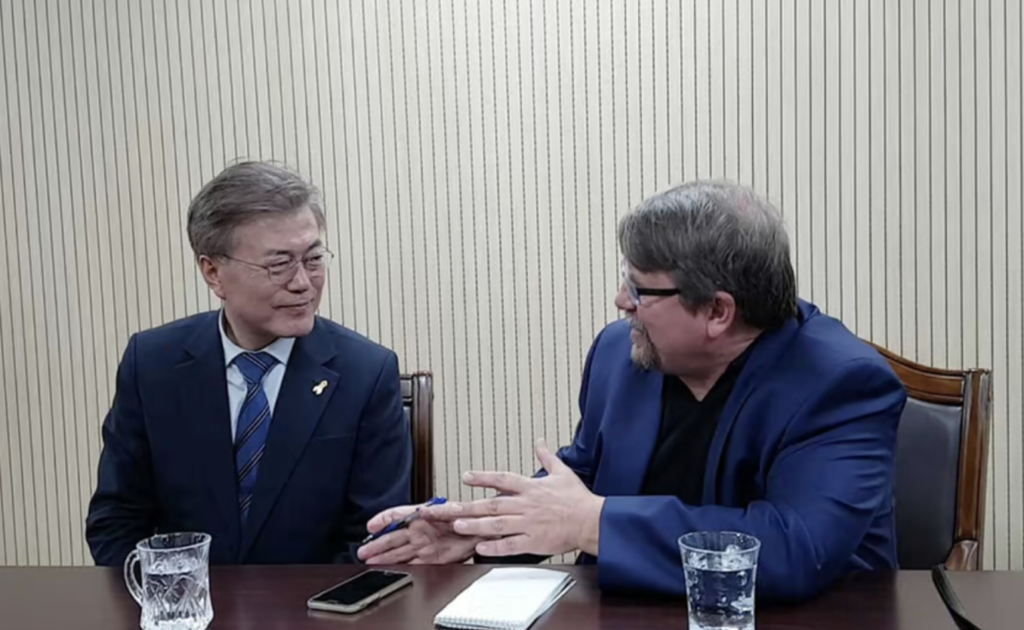
South Korean President Moon Prepares for a Difficult Meeting With Trump (June 27, 2017) Dealing with the hawkish president won’t be easy for Moon, who seeks renewed peace efforts with North Korea.
Is Trump Going to War in Korea? (August 11, 2017) His cowboy tirades, and the pundits’ bombastic rhetoric, are exceedingly reckless. History shows that negotiations with Pyongyang can work.
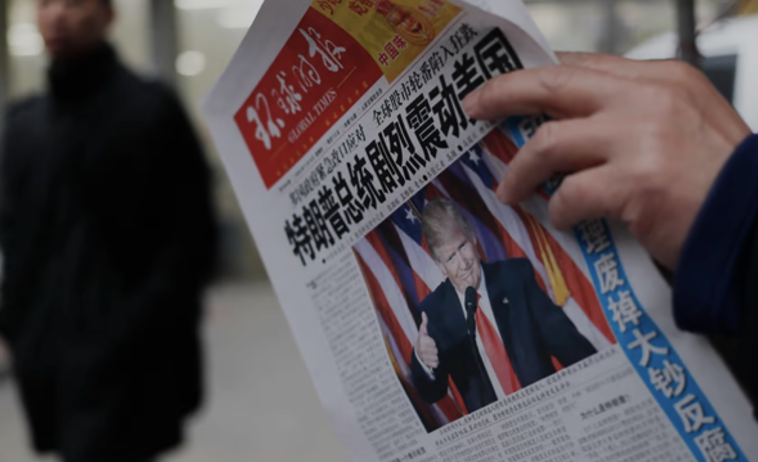
The Only Sensible Way Out of the North Korea Crisis (August 23, 2017) In a dual freeze, Pyongyang would cease missile tests in exchange for a moratorium on Washington’s massive war games.
Diplomacy With North Korea Has Worked Before, and Can Work Again (September 5, 2017) The war hawks are wrong when they say that past negotiations, like the 1994 Agreed Framework, didn’t make a difference. A Special Investigation for The Nation.
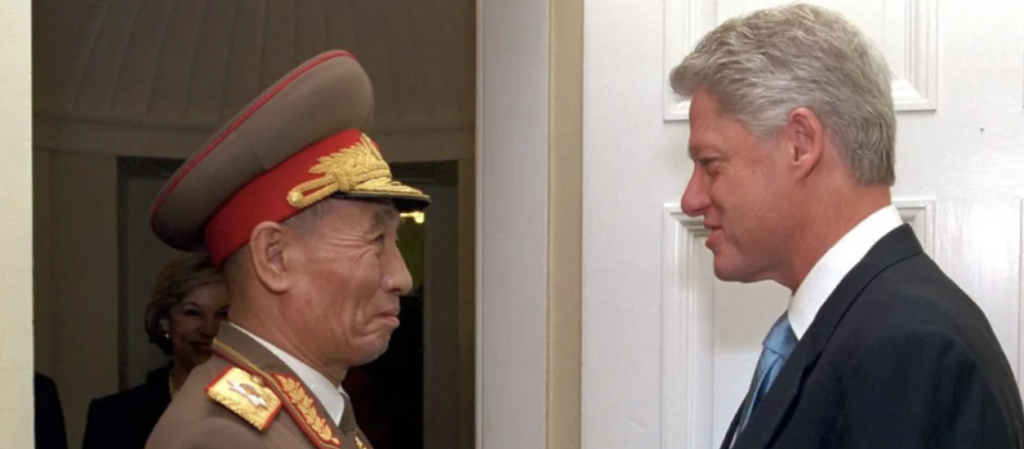
Is Trump Following a ‘Japan First’ Policy Against Kim Jong-un? (September 27, 2017) Prime Minister Shinzo Abe has emerged as a major influence on Trump’s North Korea policy.
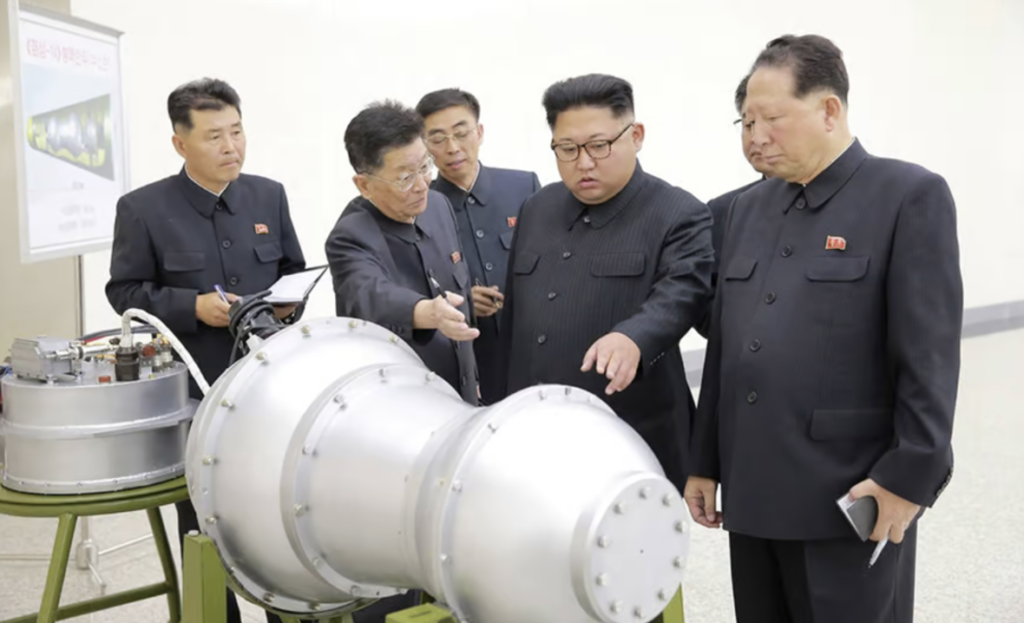
The U.S. and North Korea Are Edging Into Increasingly Dangerous Territory (October 25, 2017) But there is still a way to avoid war, and it begins with talks between the two sides, not escalating threats.
Koreans Protest Trump as the US Congress Tries to Restrain Him (November 7, 2017) “No to Trump, No to War” is the slogan of the day.
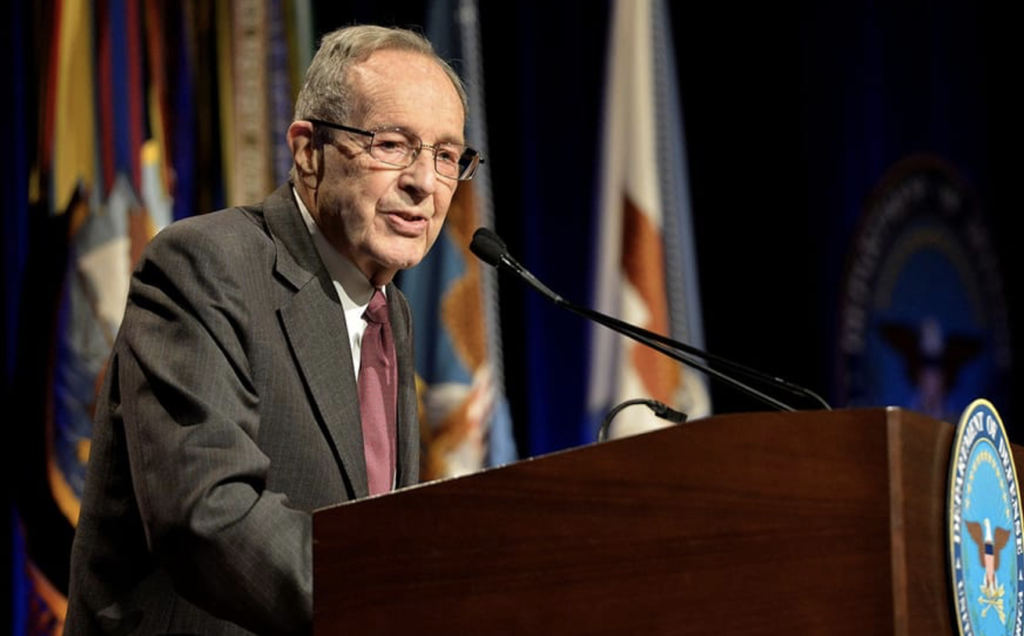
Amid the Clamor for War in Korea, Here Are Two Voices for Peace (December 12, 2017) A former Pentagon chief and a “dialogue practitioner” push for engagement.
2018
South and North Korea Hold Talks; US War Hawks Are Alarmed at the Prospect of Peace (January 10, 2018) Underpinning such thinking is the assumption that neither Seoul nor Pyongyang has the right to make peace on its own terms.
Women’s Peace Groups in Vancouver Press for Korea Negotiations (January 16, 2018) A US-proposed naval blockade “is not diplomacy,” they tell UN member states.
The Winter Olympics Offers a Glimpse of Peace for Korea (February 1, 2018) But will it last—and can it rein in Trump’s dangerous saber rattling?
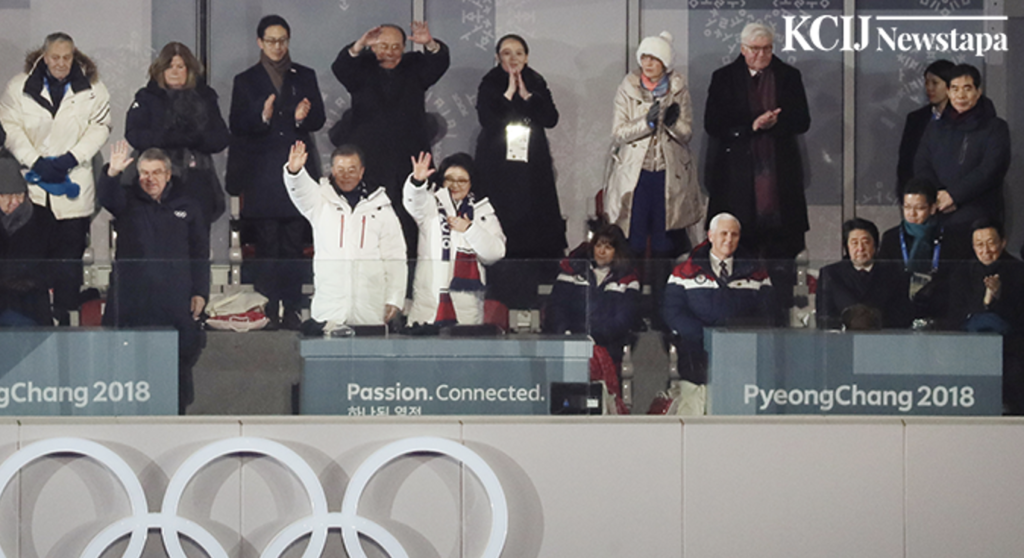
Pence and Abe Rain on South Korea’s Olympics Parade (February 14, 2018)
But the pressure could backfire, a former Japanese prime minister tells The Nation.
Japan’s former prime minister criticizes Abe’s “ridiculous” attempt to militarize the country (Newstapa, February 22, 2018) Not all Japanese politicians support the US “maximum pressure” strategy that Abe strongly backs.
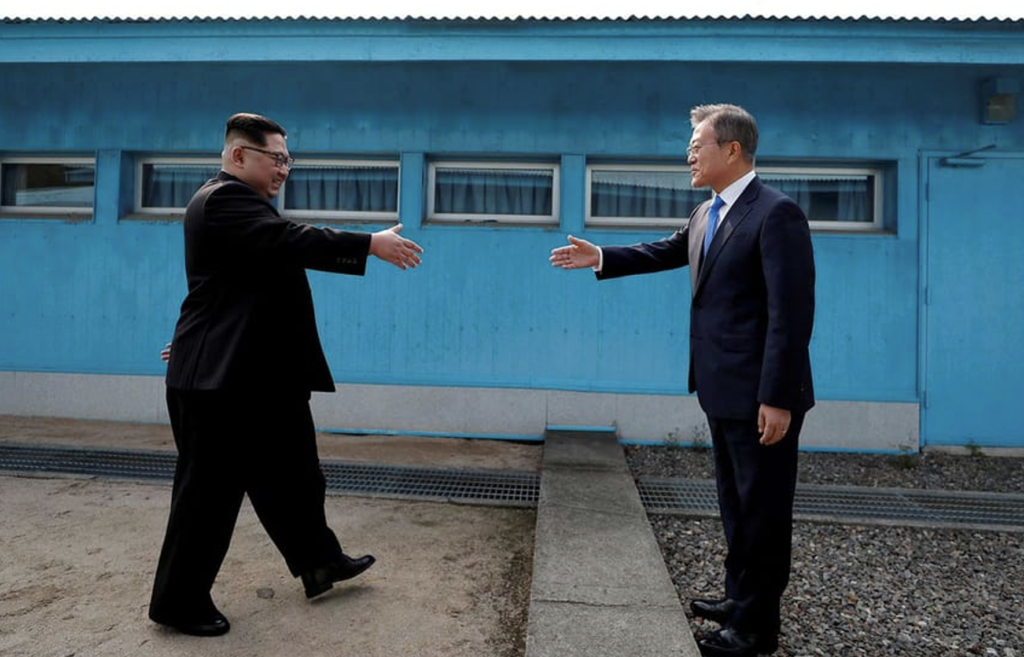
President Moon’s Gamble for Peace With North Korea Has Paid Off (March 22, 2018) But the diplomatic process will be managed by US and Korean spy agencies.
South and North Korea Prepare to Discuss an End to the Korean War (April 25, 2018) But Washington’s pundit class seems united against a peace process.
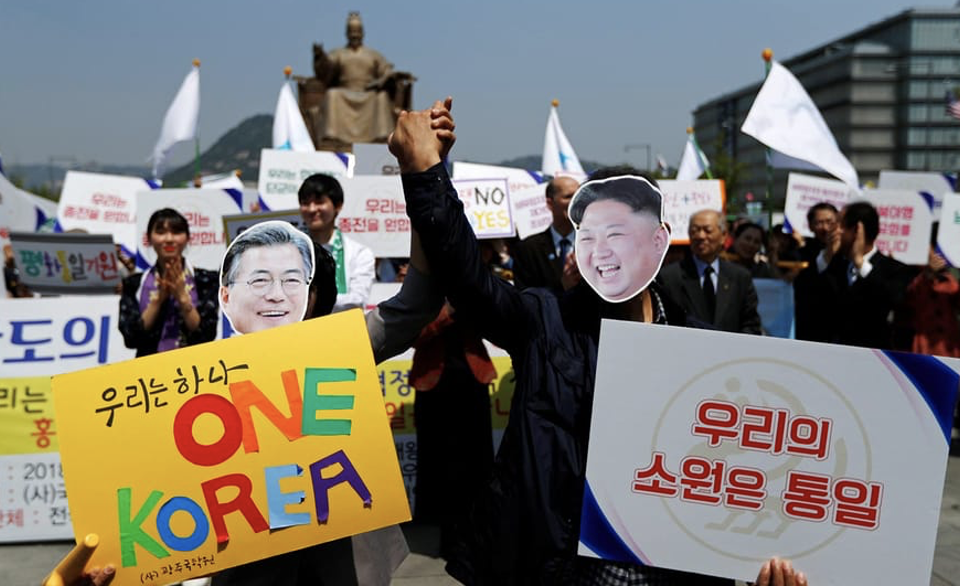
Historic Summit Sets the Table for Peace—and US Pundits React With Horror (May 26, 2018) They were spinning the meeting, and Kim Jong-un’s outreach in particular, as a dangerous event.
With Trump’s Cancellation of the Summit With Kim, Korea Is Back in Crisis Mode (May 24, 2018) John Bolton’s intervention, with an assist from Mike Pence, was disastrous—but it’s not too late to get the talks back on track.
Trump and Kim Head to Singapore as Democrats Chafe (June 6, 2018) With Bolton sidelined, a breakthrough seems possible—if North Korea is willing.
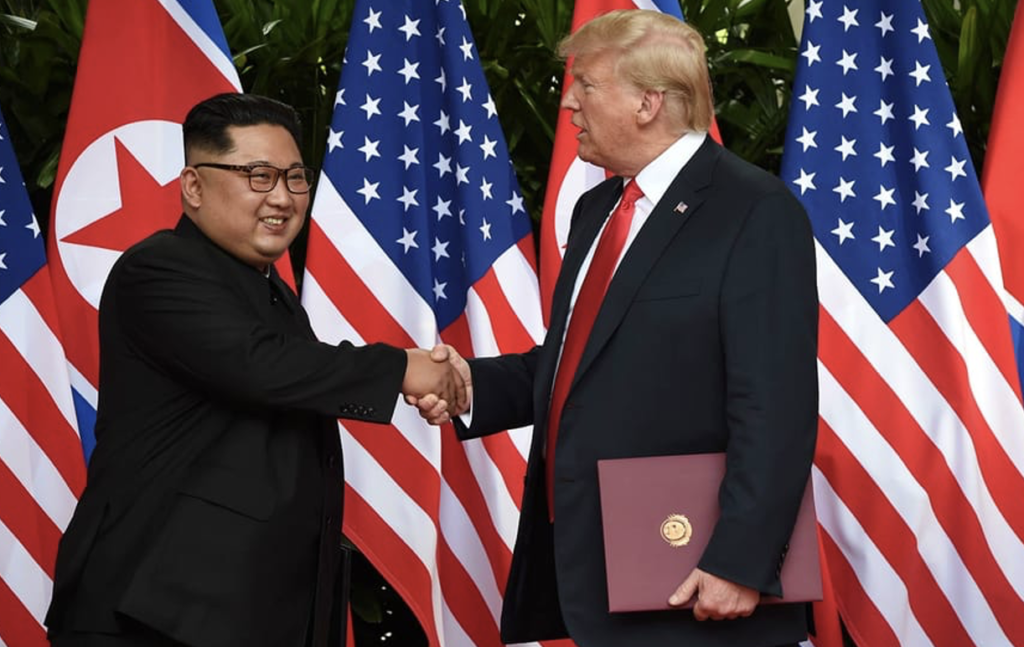
Trump Meets Kim, Averting Threat of Nuclear War—and US Pundits Are Furious (June 13, 2018)
The media response, from both liberals and conservatives, betrays a cynical disregard for South Korea.
The amazing and highly unusual film produced by the DPRK about Kim Jong Un’s summit meeting with President Trump (timshorrock.com, June 21, 2018) Yes, I know the meeting is being trashed by many Democrats and national security experts. But, hey, it’s a start – and it’s a lot better than the alternative.
Despite Anonymous Carping, US–North Korea Talks Continue (July 3, 2018) Opponents of talks are using a DIA assessment to undercut the Singapore summit.
Agreed Framework was “murdered” by the Bush administration (timshorrock.com, July 4, 2018) A former US intelligence analyst does some truth-telling about past negotiations.
An Audacious Proposal for a US–North Korean Alliance (July 27, 2018) Five analysts propose remaking the 1953 armistice to provide security guarantees to Kim Jong-un.
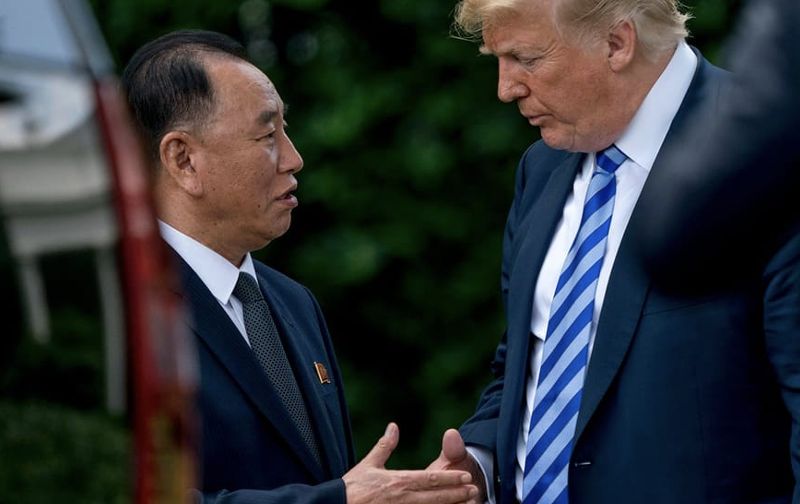
Moon and Kim Try to Keep the Korea Peace Train on Course (September 11, 2018) But growing splits between Washington and the two Koreas threaten progress.
Moon and Kim Stage an Exuberant Summit in Pyongyang (September 20, 2018 Bold proposals on demilitarization break the logjam with Washington.
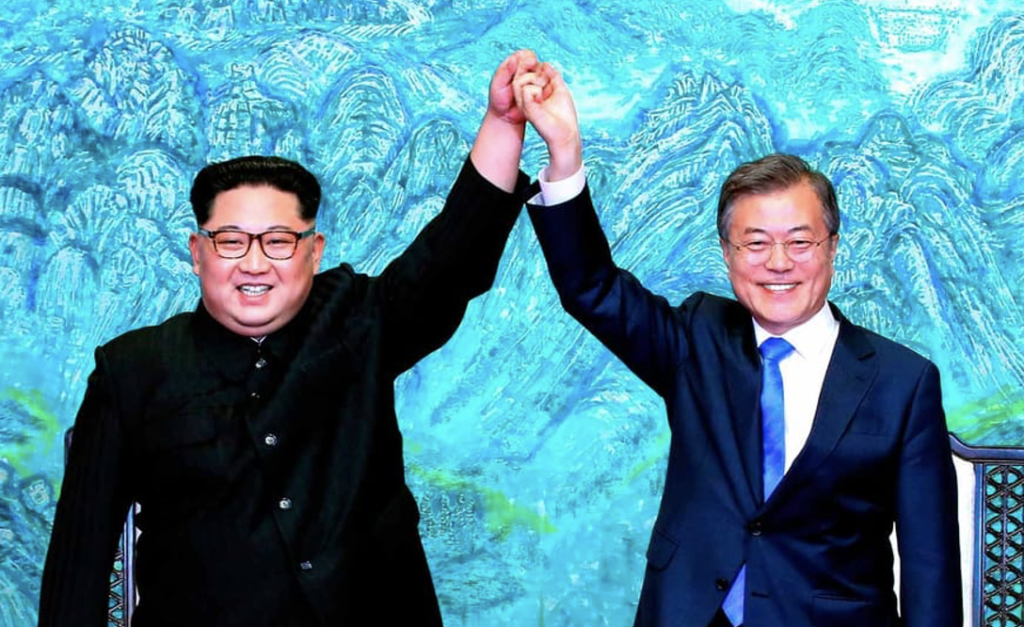
Washington’s Ire Shifts From Kim Jong-un to Moon Jae-in (October 19, 2018) Trump infuriated and insulted South Koreans when he said “they do nothing without our approval.”
Trump suspends US-ROK exercises (timshorrock.com, October 19, 2018) The Pentagon suspended the next round of military exercises with South Korea to give diplomacy a chance to work.
Demining the DMZ (timshorrock.com, October 19, 2018) Who says North and South Korea can’t get along?
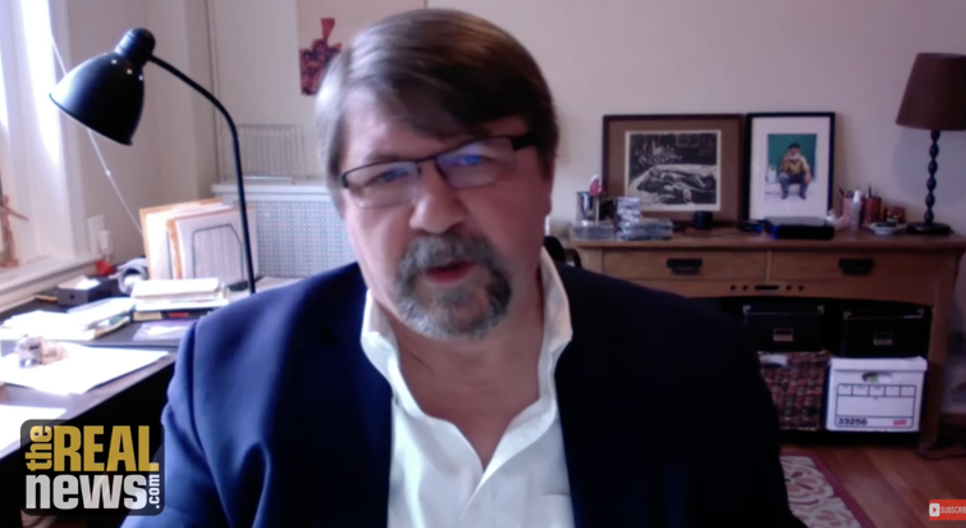
UNC-brokered agreement with the Koreas bodes well for the peace process (October 27, 2018)
My interview with The Real News
A few things you may not know about the UN Command (timshorrock.com, November 2, 2018) In my latest article, I ask the question: “Can the United Nations Command Become a Catalyst for Change on the Korean Peninsula?”
How ‘The New York Times’ Deceived the Public on North Korea (November 16, 2018) Stretching the findings of a think-tank report on Pyongyang’s missile bases is a reminder of the paper’s role in the lead-up to the Iraq War.
2019
US-North Korea Talks Are Moving Decisively to the Diplomatic Phase (January 23, 2019) Despite the progress, pundits and leading Democrats still complain.
Why Are Democrats Trying to Torpedo the Korea Peace Talks? (February 22, 2019) There is a growing split between liberal US politicians and South Korean progressives on the peace process.
The Trump-Kim Talks Ended Abruptly—but Negotiations Will Continue (February 28, 2019) There was no historic agreement, but even the hawk Mike Pompeo admitted the two sides made “real progress.” But I was dead wrong about the talks continuing. This was it, and it’s been downhill ever since.
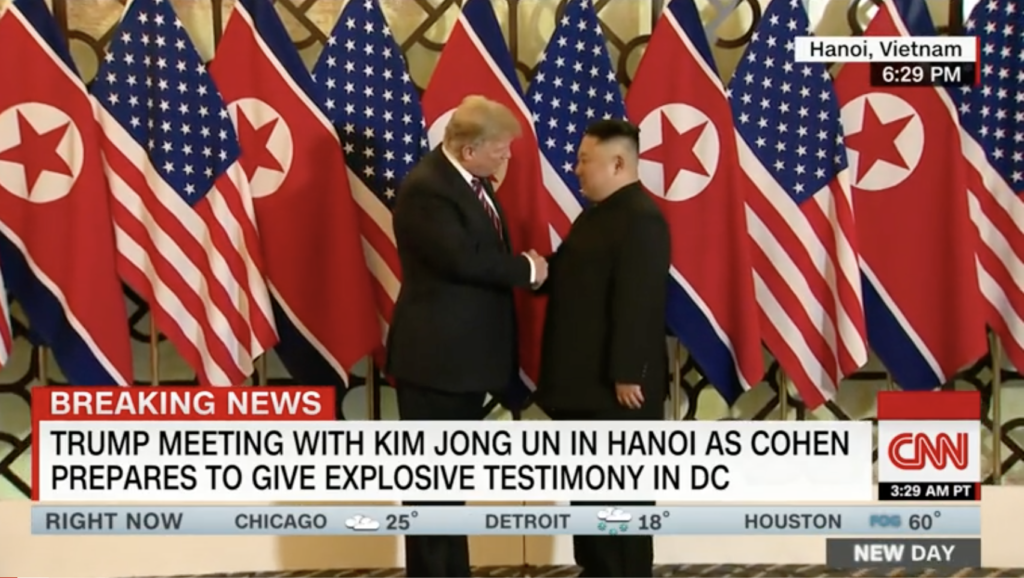
Democratic Hawks Helped Scuttle the Hanoi Summit on Korea (March 7, 2019) They, along with National Security Adviser John Bolton, have been cynical about the Trump-Kim talks and the inter-Korean peace process from the beginning.
CSIS and NBC provide a case study in war propaganda (timshorrock.com, March 7, 2019) Spreading disinformation on North Korea’s satellite launch facility is a new low.
Most Dem Presidential Candidates Are Attacking Trump’s Korea Policy—From the Right (July 26, 2019) Sanders is the only one who has incorporated into his platform the ideas and strategies of peace activists.

And Behold, A White Horse (timshorrock.com, October 17, 2019)
That line from Johnny Cash was all I could think of when these photos were posted on social media today.
South Koreans Are Pleading for a Breakthrough in the US–North Korea Talks (November 7, 2019) “We are on the cusp of a dangerous time,” a peace delegation declared at the UN.
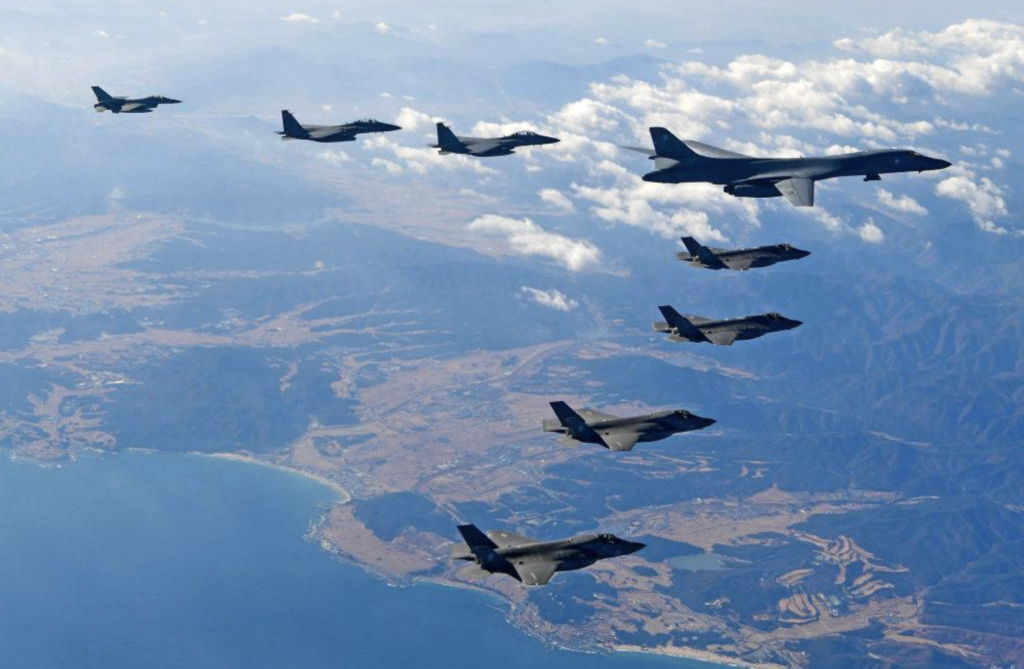
A Low-Intensity War Is Underway in Northeast Asia (December 23, 2019)
Beneath the radar in Korea, a military buildup—by both sides—has raised tensions to an alarming degree.
2020-2021
Washington Hawks Are Softening Their Hard Line on Sanctions Against North Korea (March 5, 2020) They fear Mike Pompeo’s diplomacy is backfiring and may be alienating South Korea—and they worry that sanctions will vastly worsen the COVID-19 epidemic.
‘We Need to Move From a Wartime Mentality to a Peacetime Mentality’ (July 31, 2020) US and Korean groups are pushing for a peace treaty to finally end the Korean War.
Biden Signals Flexibility on North Korea, but Peace Groups Are Wary (November 16, 2020) Koreans fear a return to Obama’s failed “strategic patience” policy.
Progressives Slam Biden’s Foreign Policy Team (September 21, 2020) Sanders delegates and other progressive Dems, worried about his ties to the military, want less Pentagon spending and more focus on climate change.
Biden Is Adopting a Militaristic Approach to the Far East (February 15, 2021) Appointees from the hawkish think-tank world indicate the potential for renewed tensions
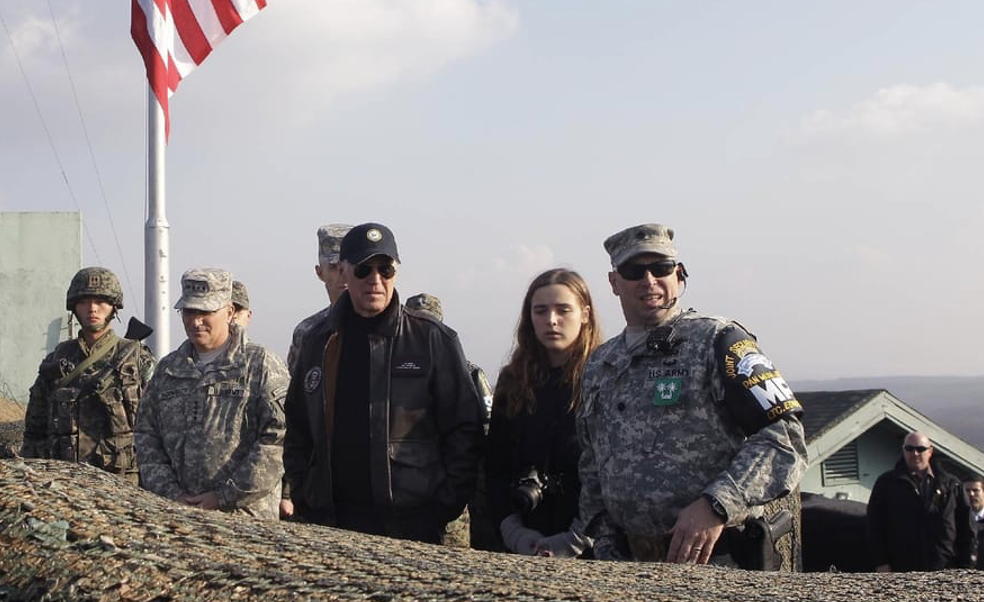
So it’s back to the DMZ Empire.
